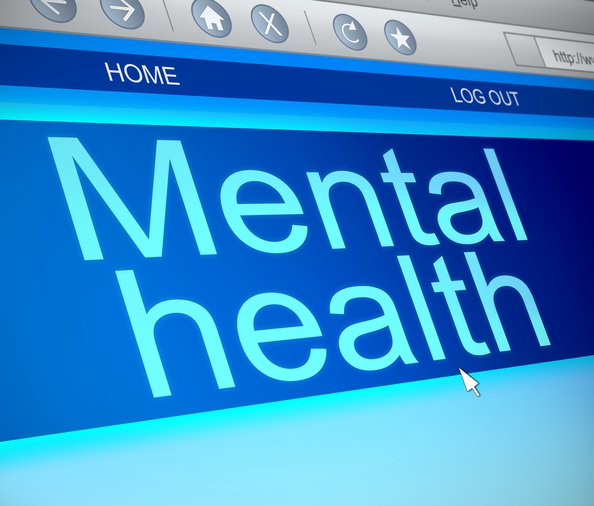Medibank's group executive of healthcare and strategy says significant inequity remains in the availability of medical and social care for Australians with serious mental illness.
Dr Wilson, who is a psychiatrist, says serious mental illness may not be as galvanising for the community as something like breast cancer the country cannot ignore the disadvantages faced by sufferers.
"We know people with mental health disorders have a substantially reduced life expectancy compared with the general population, and the Lancet Psychiatry Commission reports that although suicide contributed to a considerable proportion of these deaths, the majority of years of life lost in people with mental illness relates to poor physical health," said Dr Wilson.
"The poor physical health outcomes and the associated decrease in life expectancy of people with serious mental illness have not improved, and research shows the number of years of life lost due to physical health conditions in people with mental illness might actually be increasing."
Dr Wilson said the issue is particularly acute for Australian living in rural and regional areas.
"One in eight Australians is currently experiencing high or very high psychological distress, and the rate of suicide is 1.7 times as high in remote areas as in major cities," he said.
"Suicide is the leading cause of death for people aged between 15 and 44 in Australia, and Aboriginal and Torres Strait Islander people are twice as likely to die by suicide.
"In rural Australia, lack of timely access to the right services, often minimal social and community support, as well as environmental and economic factors, all contribute to this serious situation."
Dr Wilson said that from his perspective and experience as a psychiatrist, Australia is not meeting the needs of many people living with a serious mental illness.
"I’ve worked extensively with patients who are experiencing serious mental illness and are homeless as a result, and more recently with the mentally ill in rural and remote Australia. There is no sugar-coating how difficult these issues are to address."
He said rather than a blame game practical solutions are the answer.
"...this means all the necessary components to promote recovery: including better medical and mental health care and support, access to decent housing and social and community support, and practical assistance with day-to-day living when needed. Families are also often not part of the equation when systems of care and support are put in place, yet the carer burden for the families of the seriously mentally ill is very high and a source of poor health outcomes as well.
"Particularly in rural Australia, we need better access to technology-enabled services such as video access to a broader care team, and we can improve the care system by implementing some targeted community support initiatives, such as outreach services and recovery centres as well as improving access to the NDIS."
He added, "This Mental Health Month, we need to have these difficult conversations. We need to decide, as a wealthy, health-aware nation, that we aren’t going to accept anything but the best care for a teenager experiencing the onset of a psychotic illness, or a 62 year old who has lived with schizophrenia for decades, regardless of whether they live in the inner suburbs of Adelaide, in Lightning Ridge on the outback border of New South Wales and Queensland, or on the streets of Melbourne.
"It is not as simple as saying one party or another ‘needs to do more’ – we need to galvanise as a community to ensure those at highest risk of being lost are found, supported and given the opportunity to improve their health."
